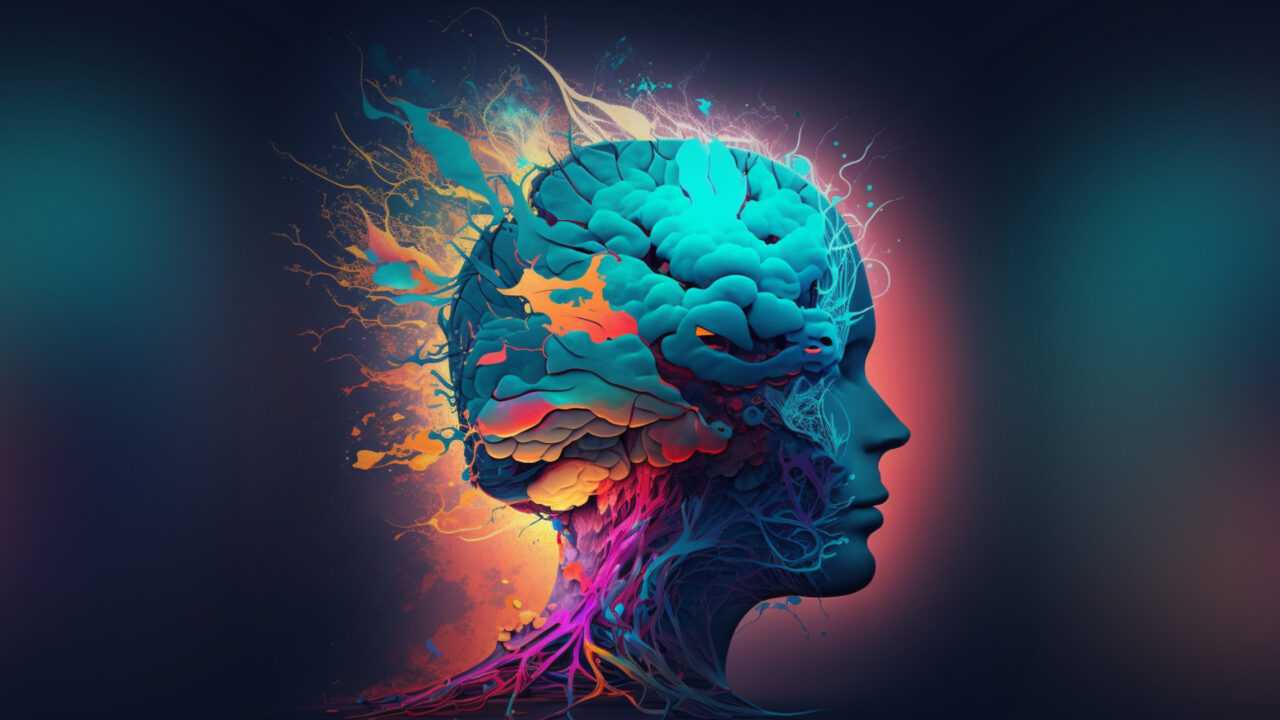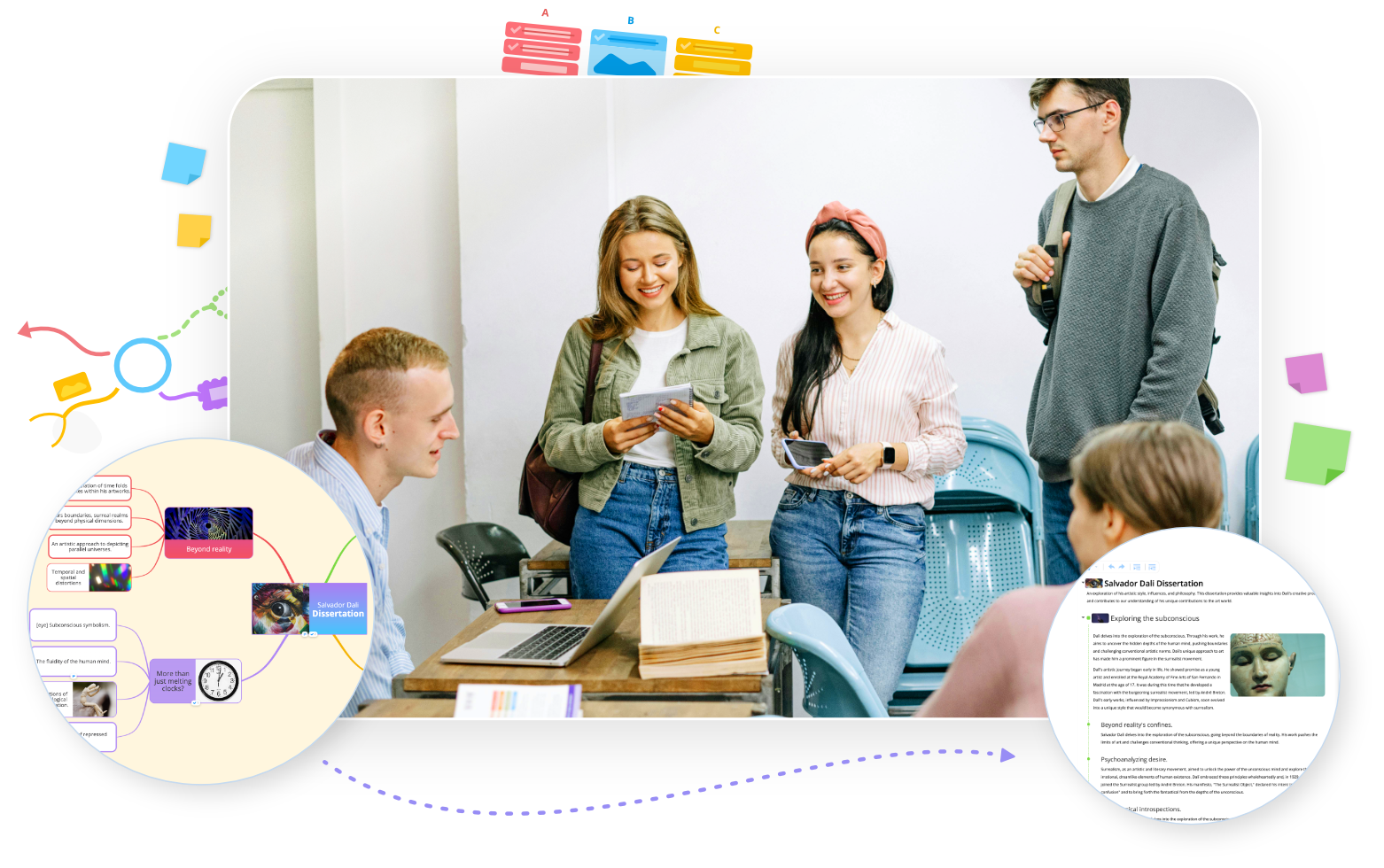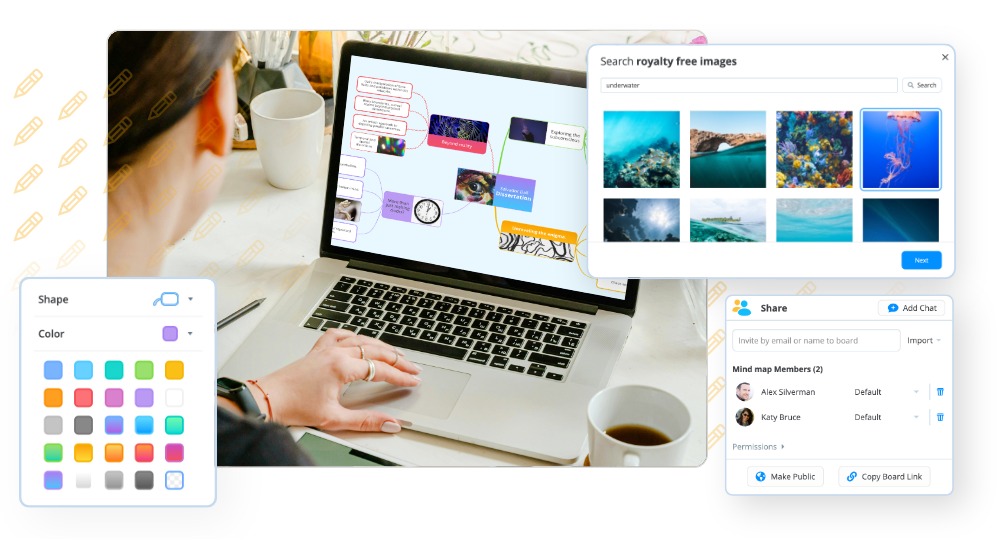Every classroom across the world has one thing in common: variety. Wherever there is a group of students, you will find a range of talents, aptitudes and perspectives. This is a wonderful thing. After all, variety is the spice of life – and you don’t get harmony when everyone sings the same note. And yet, for so long, education has centred around stuffy curriculums and inflexible modes of learning.
This approach has been especially damaging for neurodivergent students. By some estimates, as much as 15-20% of the population is neurodiverse (meaning they display atypical neurological behaviours – including conditions such as autism, ADHD or dyslexia). In recent years, there has been more awareness about the ways in which traditional educational institutions have side-lined and excluded neurodiverse (ND) students.
While this growing awareness has undoubtedly been a good thing, finding solutions has also been a challenge. Change can be slow, and many ND students still face disproportionate obstacles compared to their neurotypical peers.
Part of the problem has been that most educational institutions use the same core teaching method – and reimagining this can be difficult. For example, almost all educational models involve a single teacher working with a larger group of students, a set curriculum which covers particular material, and tests or exams which are used to attain a student’s ability and grade.
Of course, there are lots of smaller variations in the way this works practically– but the basic framework remains the same. But now, for the first time, that model might just be about to change. Why, you ask? Two words: Artificial Intelligence (AI).
Where does AI come in?
Most people will know that there has been an explosion in AI development in this last year – with tools such as ChatGPT awakening the general public to the incredible power of machine learning. But with that awareness has also come concern.
ChatGPT, for example, has led many educators to worry about students cheating. The chatbot tool created by OpenAI can generate large quantities of text in response to particular prompts and questions – from code through to academic essays. All text generated by ChatGPT is unique, meaning the usual plagiarism checkers are not able to tell when work is produced by a student, or by AI.
It’s not hard to understand why this advancement has worried many educators. In fact, a series of ChatGPT bans were announced earlier this year – with some educators warning that such tools might spell the death of originality and critical thinking skills amongst students. However, in the time since, experts and educators alike have begun to consider anew the many potential benefits AI also presents.
A new philosophy
It’s important to remember that AI – like so many technological tools – is neither good or bad. Instead, it’s how we use it that really matters. Sure, we could allow it to become little more than a cheat code for academic success. We could view education as a pointless pursuit in a world where machines can retain far more data than an entire class of human beings. But that begs the question: Why do learn in the first place?
Indeed, this question will arguably be more important to current and future students than any generation which has come before. Because AI reminds us that education is not just about memorising large amounts of information – but a way of feeding our curiosity, and engaging with the world around us in an informed and reasoned manner.
In the AI era, we need to embrace a new learning philosophy: one of lifelong learning and genuine passion for education. Plus, in order to futureproof students’ skills, there will need to be more focus on the human skills which AI cannot replicate – from codes of ethics to creativity and critical thinking – in order to equip them for a new world and job market.
AI and neurodiversity
There are so many ways AI will change education – some of which we probably can’t even predict yet. But what is perhaps most important is the ability for heightened personalisation and bespoke learning curriculums which adapt to the needs of different learners.
It’s important to note, this isn’t about eliminating the role of human teachers – but removing the burden of arduous jobs (such as grading) from educators, while also providing them with more intel on each individual learner so they can better support their education.
Crucially, AI can help ND students by adapting to their needs. And this will only get more powerful as different AI tools are introduced earlier on in a student’s career – meaning the AI can constantly learn and evolve to match that individuals learning needs and optimise the techniques which work best for them.
For example, AI might be able to work out an alternate lesson pattern which better suits the attention needs of an ADHD student. Or, it may be able to translate a teacher’s lesson into a visualisation that is more engaging for a student with dyslexia. Plus, with AI tools in the classrooms, students will naturally learn to improve their digital literacy by working with these tools on a day-to-day basis.
AI will also be able to help with higher education and academia. This may be by aiding cross-disciplinary study, summarising research from alternate fields and thus allowing academics from different backgrounds to work together to trailblaze new, important work. In this way it will help to remove the silos which currently dominate the education field and make for a more expansive, collaborative learning environment – one which is accessible to all, regardless of neurological make up.
AI and education now
Of course, there is still a lot of work to be done in integrating AI technology with the education sector – but realigning our attitude to be more open minded to the possibilities is an important first step. As already touched upon, some are already using ChatGPT in education – not to plagirise – but to aid in the collation of research and academia.
Ayoa, too, offers a perfect entrance into the AI-education world. With AI-powered mind mapping, it can be used by students to help power crucial skills such as creativity and critical thinking. It is a perfect example of how AI facilitates much more than cheating in education. With options for prompts, answers to questions and help with grouping ideas – Ayoa actually supports a positive embrace of AI in the education sector by supporting student curiosity and boosting their creative thinking skills.
[blog_cta type=”education”]


